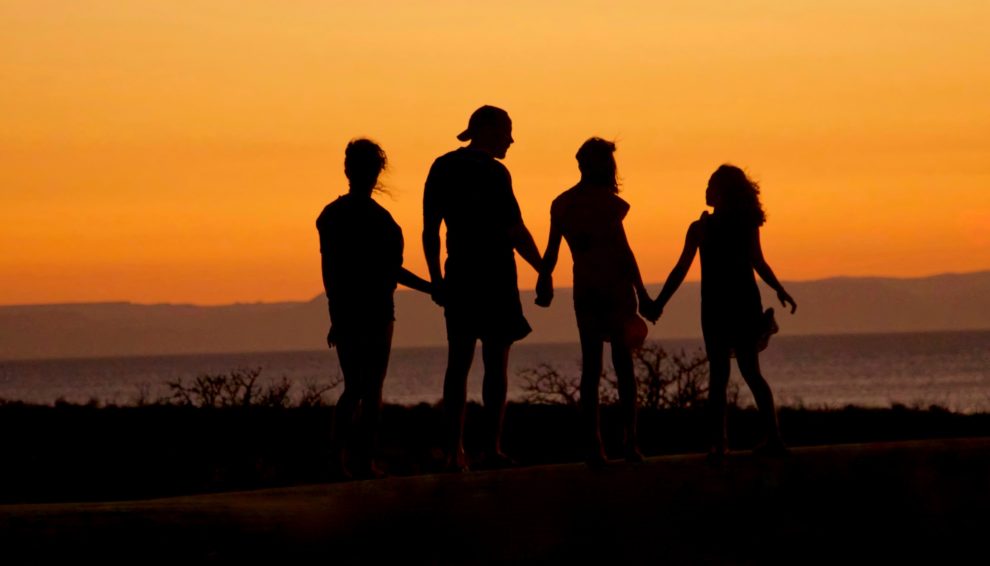
07.12.2018

In the first ten months of this year, there have been more reports about violence in intimate relationships than in the entire last year. The police believe that these numbers are merely the tip of the iceberg and reflect only 10–20% of the real incidents.
As of end of October, the police have received such reports on 9 910 occasions. Krista Aas, the Deputy Director of the Police and Border Guard Board, explains that the jump in the numbers of reports on violence in intimate violence does not mean that this kind of violence has become more common – instead, it shows that people are more aware of this and the authorities have been approaching those cases in a more comprehensive way. “The society has had more honest discussions about the violence hidden behind the walls of our homes. Generally, the most frequent witnesses and reporters are the neighbours, co-workers and acquaintances,” she says.
Krista Aas notes that the main cause of violence in intimate relationships tends to be a co-dependent relationship. “The victims depend on the offender in one way or another, either economically, emotionally or socially.”
Before the International Day for the Elimination of Violence against Women, at the end of November, the officers from the Tallinn City Centre Police Station of the Northern Police Prefecture and their partners visited the families at risk for violence. These families been involved in at least two reports about domestic violence this year.
The families will be given a white card with “Meie peres hoitakse üksteist” (“In our family, we look after each other”) written on it. The goal of this message is to remind the family members that it is possible to solve conflicts without violence and they should take care of each other. The other side of this card has the contact information of the relevant authorities (the local municipality, the police, support services for victims, family and support centres) that could provide assistance when needed.
Anu Aus, the Deputy District Governor of the Tallinn City Centre Administration, explains that the goal of this action is to encourage people to seek help instead of isolating themselves and their issues. “The informational materials include all the important contacts of the authorities and agencies that can help the people in need.”
“The reduction of violence in intimate relationships can only be achieved through smooth cooperation between the relevant authorities. However, this requires the input of all of us – we have to notice this, intervene and report the violence,” says Krista Aas.
Webpage: Police and Border Guard Board
Photo: Mike Scheid
Peaceful, just and inclusive societies are necessary to achieve the Sustainable Development Goals. People everywhere need to be free of fear from all forms of violence and feel safe as they go about their lives whatever their ethnicity, faith or sexual orientation. It is important that governments, civil society and communities work together to implement lasting solutions to reduce violence, deliver justice, combat corruption and ensure inclusive participation at all times.
The Sustainable Development Goals are the blueprint to achieve a better and more sustainable future for all.
Read more about SDG 16 – Peace, Justice and Strong Institutions
This publication has been produced with the financial support from the Nordic Council of Ministers. The content of this publication is the sole responsibility of the coordinators of this project and do not necessarily reflect the views or policies of the Nordic Council of Ministers.
Kommentaarid